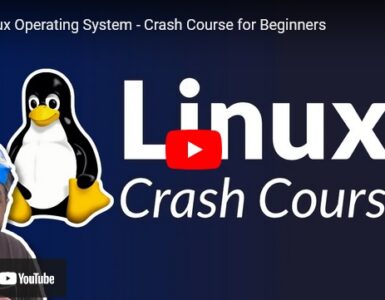Writing An Essay Understanding the Question read
Understanding the Question. In the first step in essay writing you will analyze the essay task, what the topic is, and also give an indication of what kind of things you are expected to say about the topic. Writing an Essay Understanding the question.

Essay topics have 3 components:
1) the instruction words, telling you what to do
2) the keywords indicating the topic
3) the words restricting the topic, indicating what aspect of the topic you are asked to focus on.
Moreover, we will consider this one by one.
The Instructions
Look at these tasks:
a) Describe the role of the internet in modern society.
b) The environment is the most important issue in the world today. Discuss.
What are the instruction words?
In a) it is describing.
And in b) it is discussed.
These two words indicate the two most common types of essays you write.
Furthermore, if you are asked to describe something, then your essay will present facts and not opinions.
However, if you are asked to discuss something, then you share your opinion, and you evaluate something or to argue for or against something.
Consequently, at university or college, you are expected to be able to discuss problems and ideas, rather than simply to report on facts, and so these essay question presents a common situation or a present-day issue about which people have different opinions and asks you to give your own views on this topic.
Essay Writing: Understanding Question Part Two
Now let us look at the question itself. This also has two components:
a) the description of the topic, which is usually expressed as a point of view on a current situation and
b) a question asking you what your opinion is.
Part a) is generally expressed in 1 to 3 sentences. One or two sentences may present a statement or a question about a situation: (‘We live in a technological age, but technology cannot solve all our problems’).
The second part will probably present a conclusion that some people draw from this situation (‘therefore we should place less emphasis on technology and more on other values’). This is designed to help you to think about the contents. (More about this in the next section’).
Part b) asks the question. This may be phrased as to what extent do you agree? or what is your opinion? or do you agree with this? or words to that effect.
Now what is your task?
a) to present both sides of the argument?
b) to either strongly support or strongly oppose the argument, depending on your own personal opinion?
c) to partly support or partly oppose the argument, depending on your own personal opinion?
The correct answer is either b) or c).
The words to what extent mean the same as how much. That is, your answer will express one of these attitudes:
a) I agree completely
b) I agree partly and disagree partly
c) I disagree completely.
Many students feel that they need to present a strong argument for or against an idea or proposition. This is not true. Even if the words to that extent do not appear in the question, it is always acceptable to agree or disagree partly with a proposition.
There is another point to remember here.
Although it is usually easier to write what you actually believe, it is not absolutely necessary. If you do not have enough ideas or examples to support the side of an argument that you want to support, you can always say something like: on the one hand.,…, but on the other hand and present arguments for both sides. However, you should not simply contradict yourself. That is, you should not say I agree in one section and then I disagree in the next paragraphs. That sounds as if you are simply confused or are not expressing what you think at all.
What you can say is: These are some arguments for and these are some arguments against, and so I only partly agree disagree, Or you can say: There are good arguments on both sides, but on the whole, I prefer the arguments for/against. (Of course you would not use these actual words. They only summarize the possible underlying meanings in your essay.)
Remember, you are not being examined on your opinions, but only on how well you can express and support some intelligent ideas, whether they are your own or not.






Add comment